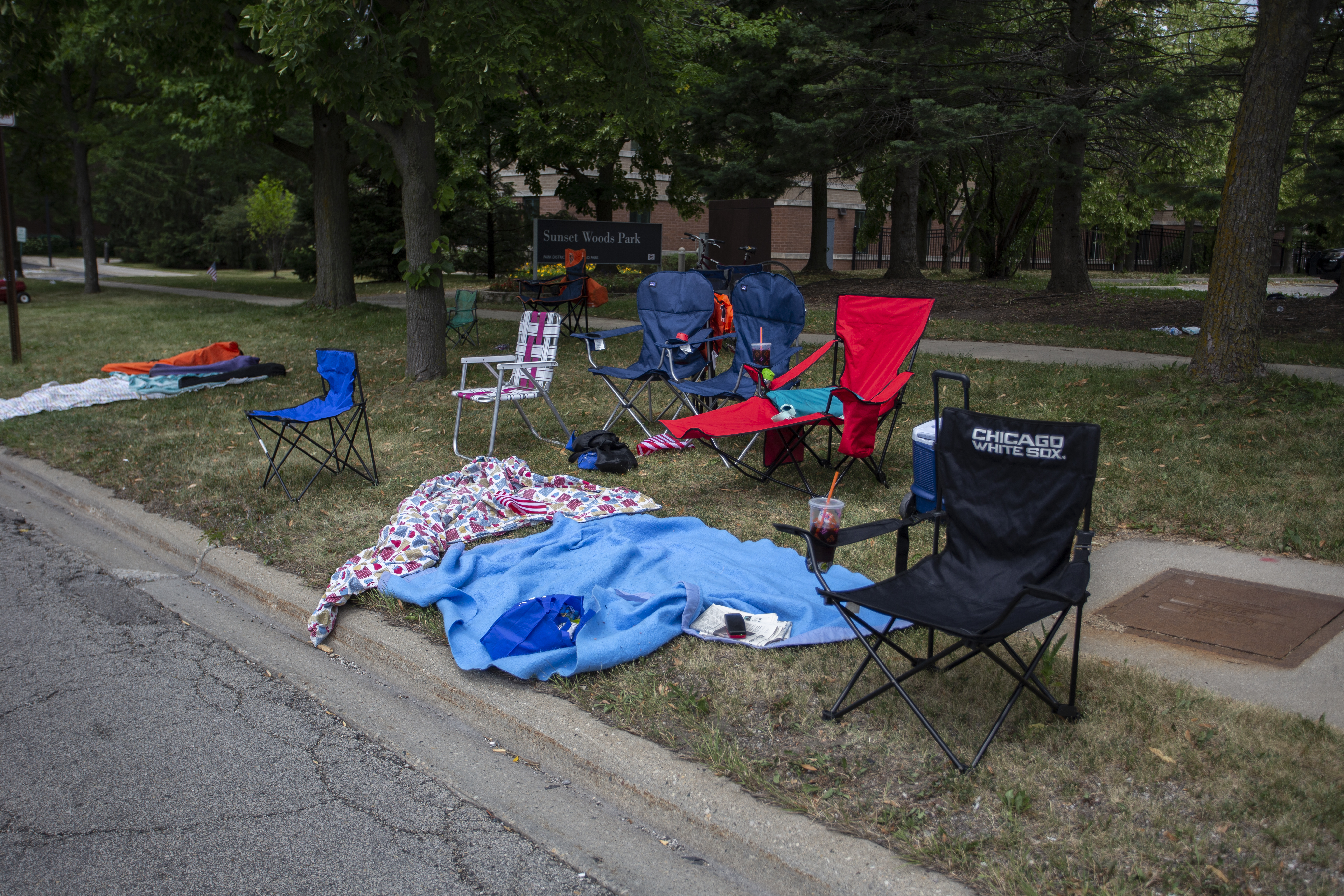Earlier this year, the Senate unanimously passed legislation that would make daylight saving time permanent in the United States by the spring of 2023, but five months later it remains unclear whether the House of Representatives will take up the bill.
The measure, sponsored by Florida Sen. Marco Rubio, would take effect in Nov. 2023, meaning that Americans would spring their clocks forward in March of next year, and then wouldn’t have to adjust the time after that.
While the measure passed by voice vote in the Senate, it is not known at this time what the legislation’s fate in the House will be.
House Speaker Nancy Pelosi, who has signaled that she supports the measure, has not yet scheduled it for debate in the chamber.
It’s also unclear what the Biden administration’s stance on the issue is. After the bill passed the Senate earlier this year, then-White House Press Secretary Jen Psaki said the administration hasn’t formulated its position.
“I have seen those reports,” she said. “I don’t have a specific position from the administration at this point in time.”
Local
Daylight saving time was established as a national standard in the 1960’s when Congress passed the Uniform Time Act. Several alterations have been made to that plan, including an experiment that kept DST in place year-round during the 1970’s, but Americans have been moving their clocks back and forth now for more than 55 years.
The only two states that fully opt-out from daylight saving time, Arizona and Hawaii, would not be required to join the rest of the United States in adopting year-round daylight saving time.
Feeling out of the loop? We'll catch you up on the Chicago news you need to know. Sign up for the weekly Chicago Catch-Up newsletter.
Numerous states have passed legislation saying that they would observe daylight saving time year-round if Congress allowed it. Under provisions of the Uniform Time Act, states can opt out of the yearly springing-forward of clocks, but cannot opt out of the return to standard time without federal permission.
Experts are largely divided on the subject of permanent daylight saving time, but according to NBC News, researchers with the American Academy of Sleep Medicine say that the move would cause serious hormonal issues, as melatonin is generally not produced by the body until the sun sets, meaning that sleep cycles would be changed due to the time switch.
"Going to daylight saving time year-round is a really bad idea," said Dr. Nathaniel F. Watson, a spokesman for the sleep academy who is a neurologist at the University of Washington Medicine Sleep Center. "If we do this, it's essentially dosing the entire United States with jet lag — permanent jet lag."
A switch to permanent daylight saving time would also cause winter sunrises to occur even later than they already do, a significant issue for locations that are just to the east of the time zone dividing lines. One such location is South Bend, Indiana, which is just inside of the Eastern time zone. Around New Year's Day, sunrise would not occur until 9:15 a.m. if the move to DST were made permanent.



